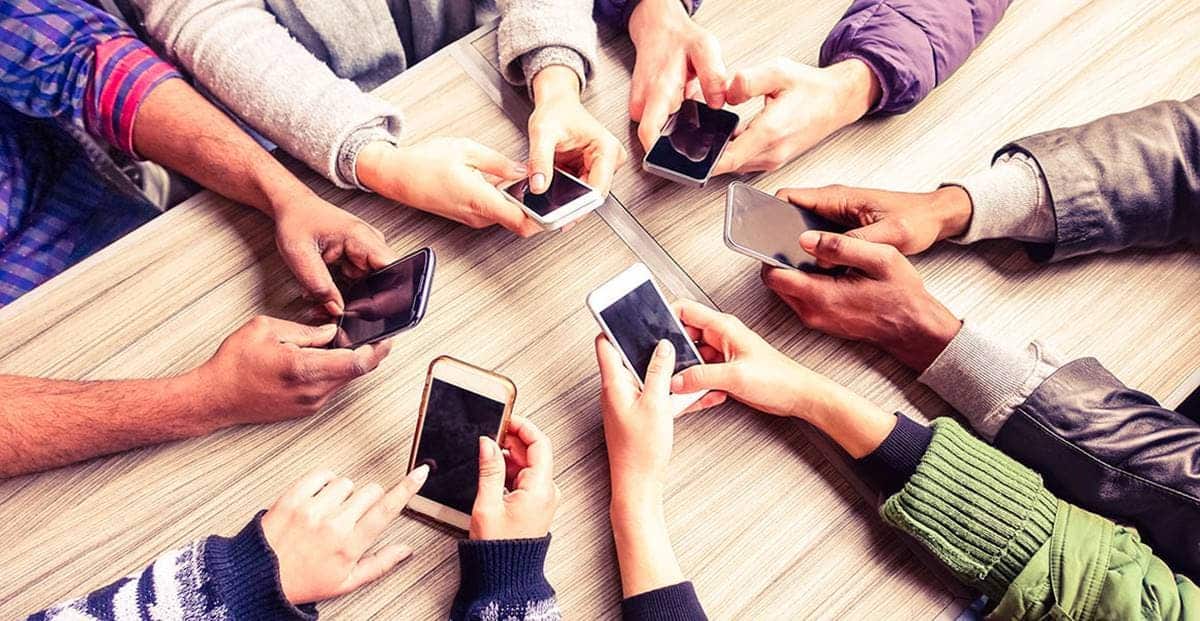Over the past few years, there has been a salient topic about how addictive mobile phones are. However, due to the importance of mobile phones, addiction is not a common topic of discussion. Mobile phones are now a major part of our lives since the advent of the mobile Internet. At the moment, many now carry their mobile phones around with them as their “personal entourage”. Of course, this is why it is called a mobile phone. In a recent survey which was done by the China Youth Daily Social Survey Center and the Questionnaire Network, many people do not have control over how they use their phones. The survey reveals that 89.2% of respondents say that they involuntarily look at their mobile phones often.

These people further said they would feel uneasy and overly reliant on their phones if they weren’t around. In addition, 64.9% said they would be less active and unable to focus. According to the report, mobile phone usage is highest among people born after 1990 (92,2%). 89.2% of people report feeling worried if their cell phone is not with them, with post – 80s and post – 90s respondents reporting higher percentages (90.7 and 90.4%). This is really high and may be a cause for concern.
According to Schumann, executive VP of East China Jiaotong University’s Psychological Quality Research Institute, people initially used mobile phones to ease tension and find pleasure. However, as they played with these phones, they subtly grew more worried, creating a vicious cycle.
Effects of relying too much on a mobile phone
Schumann’s study suggests that over – reliance on mobile devices can quickly result in psychological issues. The first of these problems is usually a distraction. Too much reliance on smart phones will make people anxious and make it difficult for them to work, study, or live a normal life.

Low self – confidence is the second issue. The efficacy of learning and work is reduced by relying heavily on mobile devices. Your stress level will rise and your self – esteem will steadily drop if you can’t do one task well.
The third is specific physiological and psychological symptoms. Long periods of time spent swiping your phone will cut into and occupy your time, and you’ll be too sluggish to work out. This will have an impact on both your physical and emotional health.





